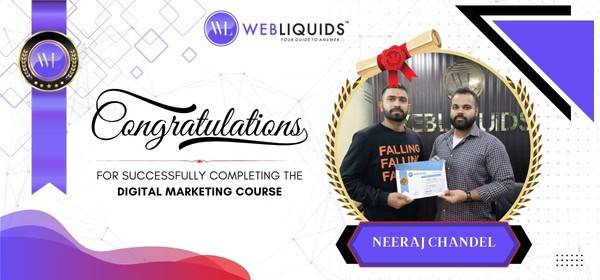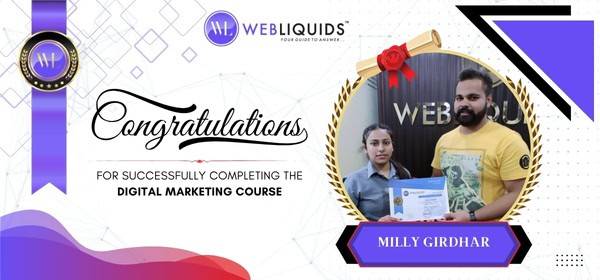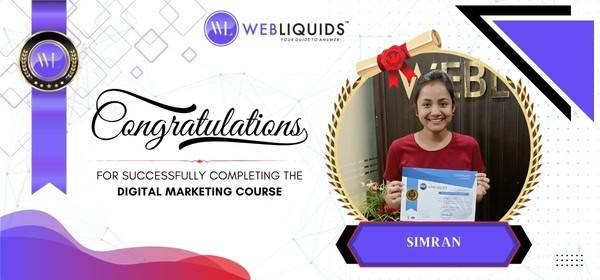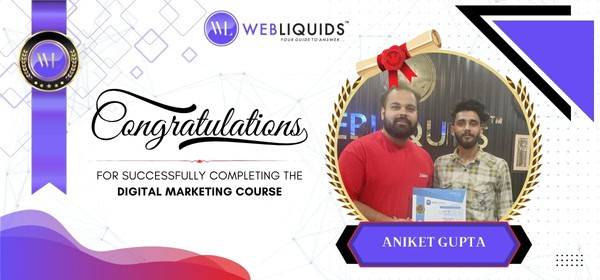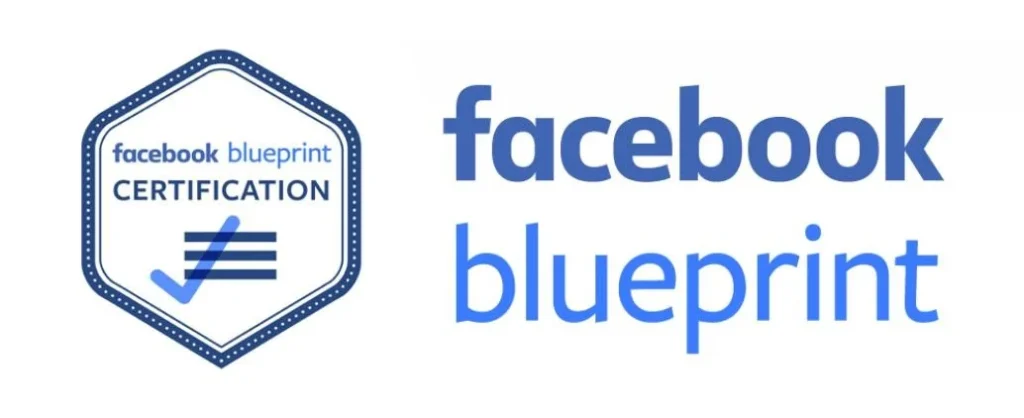Affordable Marketing for Startups: Smart Strategies to Grow Without Breaking the Budget

Affordable Marketing for Startups: Smart Strategies to Grow Without Breaking the Budget
Launching a startup comes with excitement—but also pressure. You need customers, visibility, credibility, and momentum. However, most startups operate on tight budgets where every dollar must count. The good news? You don’t need a massive marketing budget to grow. You need smart, affordable, and strategic marketing.
Affordable marketing for startups focuses on low-cost, high-impact tactics that build awareness, generate leads, and create long-term value. Whether you’re a tech startup, ecommerce brand, SaaS product, or service-based business, cost-effective marketing can help you grow quickly without overspending.
In this blog, we’ll explore the best affordable marketing strategies, tools, and tips designed specifically for startups.
Why Affordable Marketing Matters for Startups
Most startups face similar challenges:
- Limited budget
- Small or no marketing team
- Low brand awareness
- Need for fast validation
- Pressure to show results
Affordable marketing helps startups:
- Maximize ROI
- Build a strong online presence
- Reach their target audience
- Generate quality leads
- Scale sustainably
- Save money while testing new ideas
Smart marketing is not about spending more—it’s about spending wisely.
Top Affordable Marketing Strategies for Startups
Here are the most effective low-budget, high-value strategies any startup can implement:
1. Leverage Content Marketing (High ROI, Low Cost)
Content marketing is one of the best low-cost strategies for startups. You create content once and benefit from it for months or years.
Types of content to create:
- Blog posts
- Guides & how-tos
- Listicles
- Tutorials
- Infographics
- Case studies
- Videos
- Social media posts
Benefits:
- Builds authority
- Boosts SEO
- Drives organic traffic
- Educates customers
- Supports sales
Example:
A SaaS startup sharing weekly tips on productivity can attract highly relevant traffic without spending on ads.
2. Use Social Media to Build Community (Organic & Free)
Social media platforms offer free exposure and unlimited opportunities.
Best platforms for startups:
- Instagram
- Facebook
- TikTok
- LinkedIn
- YouTube
- Twitter (X)
- Pinterest
Affordable social media strategies:
- Post consistently
- Use trending audio on Reels & TikTok
- Share behind-the-scenes content
- Highlight customer stories
- Offer free tips
- Join niche communities
- Respond to comments & messages
Organic social media builds genuine relationships and trust—without spending money.
3. Email Marketing: The Most Cost-Effective Channel
Email marketing has one of the highest ROIs—every $1 spent returns an average of $36.
Startups can use email for:
- Newsletters
- Welcome sequences
- Product launches
- Promotions
- Lead nurturing
Affordable email tools:
- Mailchimp
- Sendinblue
- ConvertKit
- HubSpot (free plan)
Build your email list using:
- Free ebooks
- Discount coupons
- Free templates
- Webinar registrations
Email keeps your startup connected with potential customers cost-effectively.
4. Search Engine Optimization (SEO)
SEO helps your startup appear on Google when people search for products or solutions like yours.
Affordable SEO practices:
- Keyword research (free tools like Ubersuggest & Google Keyword Planner)
- Blog creation
- On-page optimization
- Fixing site speed
- Internal linking
- Backlink outreach
SEO takes time but brings long-term, free organic traffic.
5. Collaborate with Micro-Influencers (Low Cost, High Engagement)
Influencer marketing doesn’t have to be expensive. Micro-influencers (5K–50K followers) offer:
- Higher engagement
- Lower prices
- Loyal audiences
- Personalized promotions
Types of collaborations:
- Product exchanges
- Affiliate partnerships
- Sponsored posts
- Testimonials
Micro-influencers are perfect for startups with limited budgets.
6. Offer Free Value to Build Trust
People trust brands that offer value before selling.
Examples:
- Free templates
- Free webinars
- Free tools
- Free checklists
- Free mini-courses
- Free trials
This helps attract an audience, collect emails, and build authority.
7. Use User-Generated Content (UGC)
UGC is content created by your customers—and it’s free.
Examples:
- Reviews
- Testimonials
- Photos
- Videos
- Social media mentions
Encourage customers to share content by:
- Offering a discount
- Running contests
- Featuring them on your page
UGC builds trust and promotes your brand organically.
8. Build a Referral Program
Referrals cost almost nothing but bring high-quality customers.
Offer rewards like:
- Discounts
- Free months
- Exclusive access
- Cashback
Referral programs grow your startup through word-of-mouth.
9. Join Online Communities
Online communities are powerful for exposure.
Places to join:
- LinkedIn groups
- Facebook groups
- Reddit communities
- Quora
- Slack groups
- Discord channels
Share value, answer questions, and offer solutions (not spam). This helps you gain authority and attract customers.
10. Use Low-Cost Advertising (If Budget Allows)
Even a small ad budget can go far with targeted strategies.
Affordable ad platforms:
- Facebook & Instagram ads
- Google search ads
- TikTok ads
- LinkedIn ads (for B2B)
- YouTube ads
Start with:
- Retargeting ads
- Small daily budgets
- Highly targeted audiences
This keeps costs low while generating leads.
11. Repurpose Your Content
Repurposing lets you create more with less effort.
Example:
1 blog → 5 Reels → 1 YouTube video → 1 infographic → 3 LinkedIn posts → 1 email newsletter
This multiplies your reach without increasing costs.
12. Build Partnerships with Other Startups
Collaborations help you grow faster at zero cost.
Ways to collaborate:
- Co-host workshops
- Newsletter swaps
- Cross-promotions
- Product bundles
- Joint social media campaigns
Both startups benefit by sharing each other’s audience.
Affordable Tools Startups Can Use
Design
- Canva (free version)
- Figma
- Crello
SEO
- Ubersuggest
- Ahrefs free tools
- Google Analytics
- Search Console
Social Media
- Buffer
- Later
- Meta Business Suite
- Mailchimp
- Sendinblue
Project Management
- Notion
- Trello
- Asana (free plan)
Affordable tools reduce workload and improve efficiency.
How to Create an Affordable Marketing Plan (Step-by-Step)
Step 1: Set your goals
Example: 100 leads in 30 days.
Step 2: Identify your audience
Know their needs, interests, and platforms.
Step 3: Choose high-impact channels
Focus on 2–3 channels.
Step 4: Create valuable content
Solve problems, educate, and inspire.
Step 5: Use free and affordable tools
Keep costs low.
Step 6: Track results
Use analytics to adjust your strategy.
Common Marketing Mistakes Startups Should Avoid
❌ Trying to be on every platform
❌ Copying competitors without strategy
❌ Posting randomly
❌ Avoiding analytics
❌ Expecting instant results
❌ Overspending on ads too early
Avoiding these will save time and money.
Conclusion: Affordable Marketing Helps Startups Grow Smarter, Not Harder
Marketing doesn’t have to be expensive for startups. With the right approach, you can build visibility, generate leads, and grow sustainably using low-budget, high-value strategies. Affordable marketing focuses on creativity, consistency, and smart execution—not big spending.
By leveraging content marketing, social media, SEO, email, influencers, communities, and partnerships, any startup can scale effectively without breaking the bank.
Growth is possible with the right plan, even on a small budget.
FAQs:
1. How can startups market themselves on a low budget?
Startups can use free or low-cost methods like social media, SEO, content marketing, email marketing, and partnerships to grow affordably.
2. What is the most cost-effective marketing strategy for startups?
Content marketing and social media are the most cost-effective because they attract customers organically without high spending.
3. Do startups need paid ads to grow?
Not always. Paid ads help speed up growth, but organic strategies can still bring strong results for early-stage startups.
4. How can startups get customers without spending money?
They can use social media engagement, blogging, SEO, referrals, collaborations, and community participation to attract customers for free.
5. Is email marketing affordable for startups?
Yes. Email marketing is low-cost and highly effective for nurturing leads and increasing repeat sales.
6. Can startups do their own marketing?
Yes. Many affordable tools make it easy for founders to handle basic marketing until they can afford expert help.
7. What mistakes should startups avoid when marketing on a budget?
Avoid inconsistent posting, unclear messaging, ignoring analytics, and trying too many strategies at once.
Ready to Master Digital Marketing? Sign Up Today!
Inspiring Job Placement Success Stories

Our Achievers Ready to Lead the Industry


